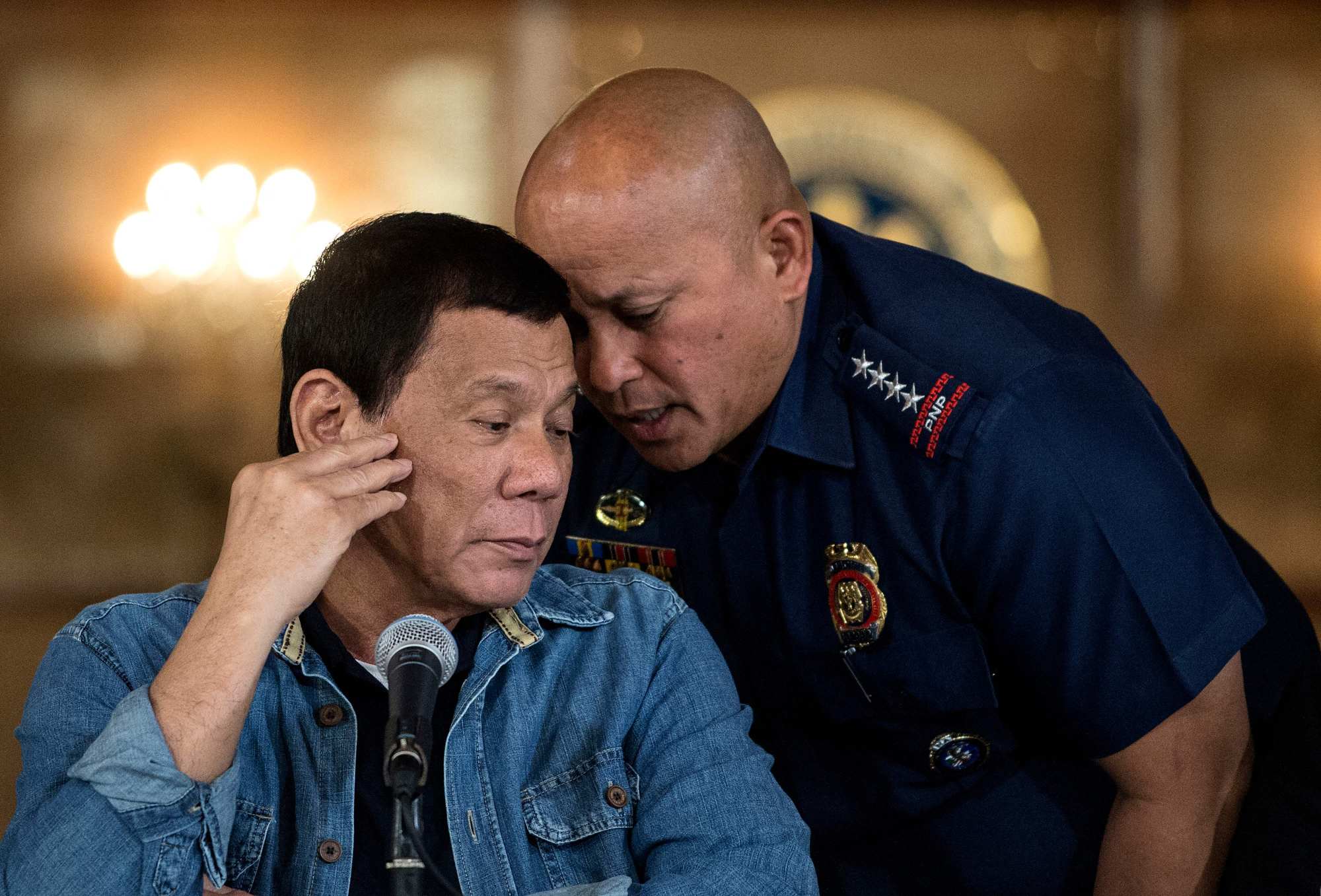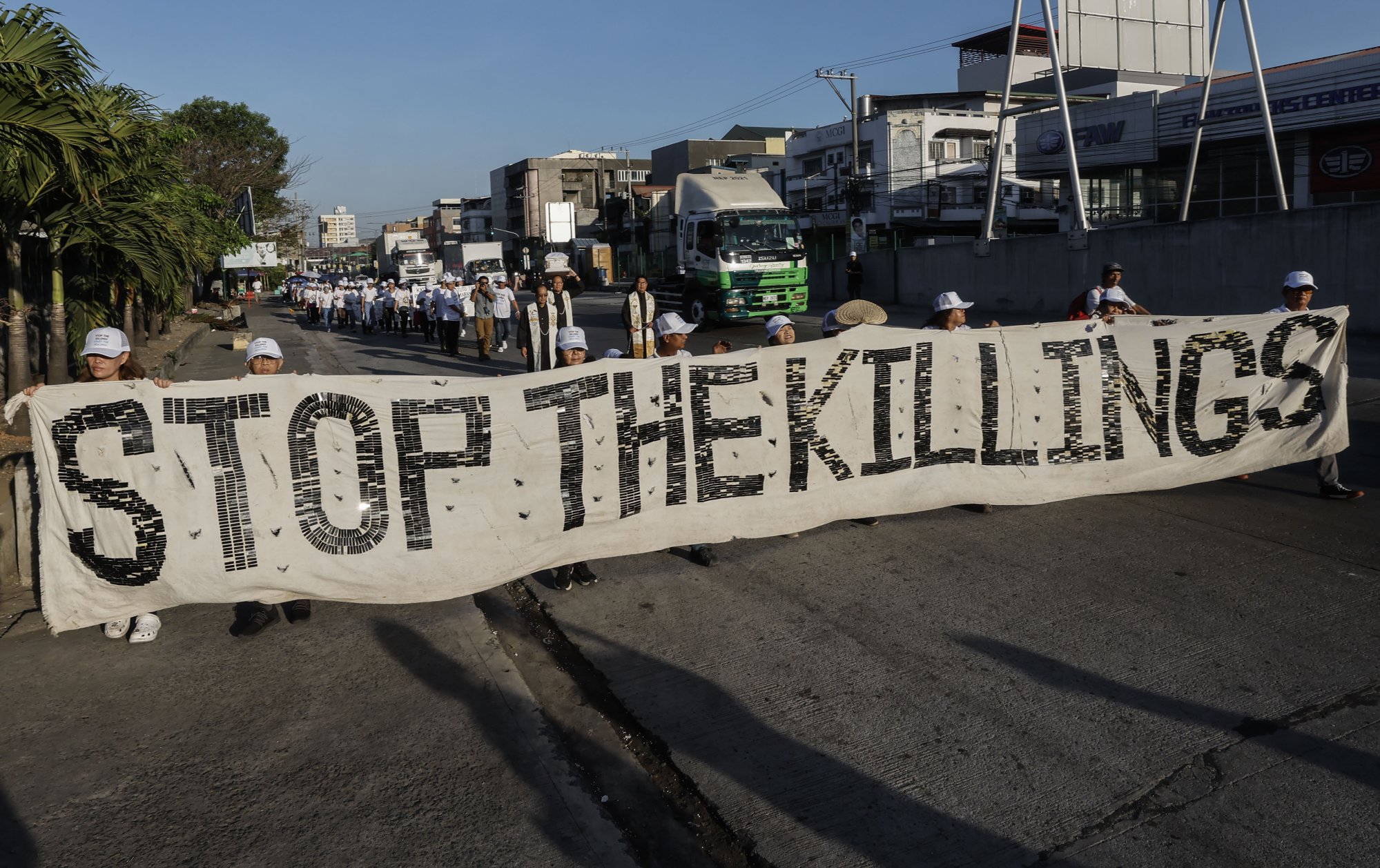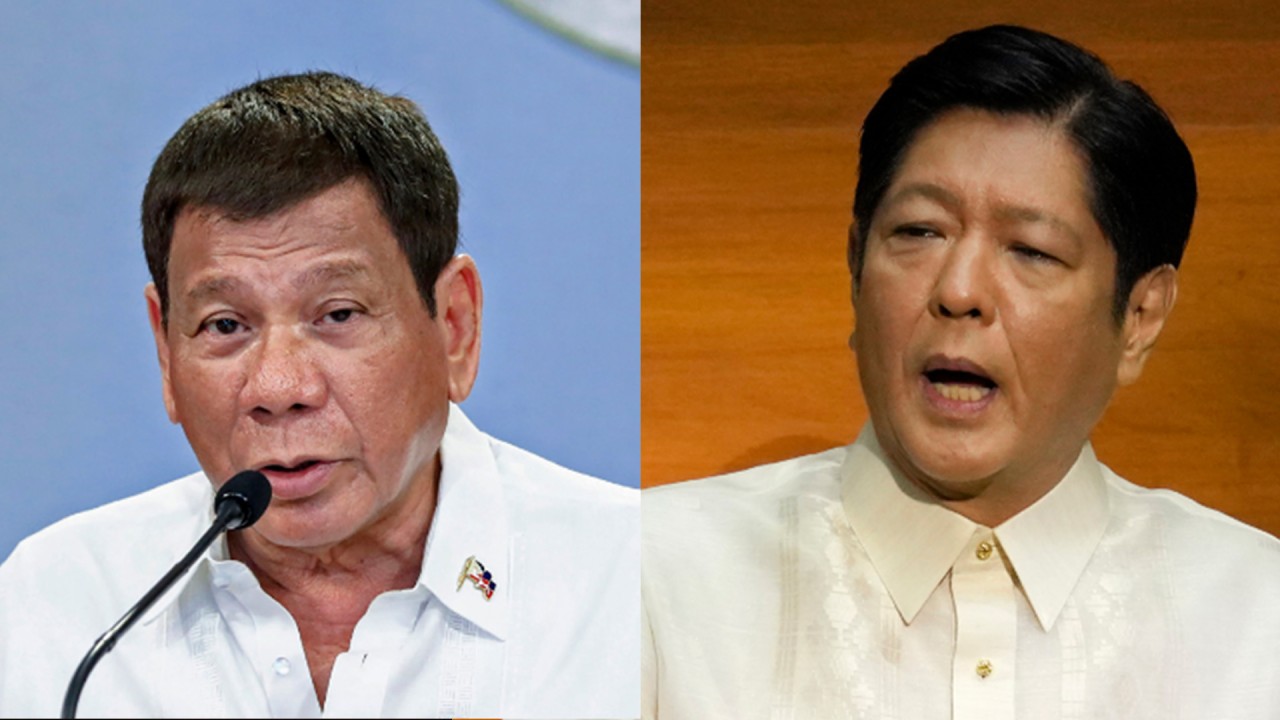Former Philippine police chief admits human rights violations in drug war. Why now?

Dela Rosa, who served as chief of the Philippine National Police (PNP) at the start of Duterte’s drug war and is now a senator, told a Senate forum on Thursday that each case related to the campaign must be treated and investigated separately, while criticizing attempts to lump the deaths together by claiming that crimes against humanity were committed.

Dela Rosa’s testimony comes amid an ongoing House of Representatives investigation into the Duterte administration’s war on drugs, in which family members of murdered victims have testified how police entered their homes without warrants and killed their relatives, often due to mistaken identity.
The former police chief criticized the House of Representatives’ investigation, saying it was “not their job” to investigate the murders. He declined invitations from committee members to participate in the investigation, citing “interparliamentary courtesy” according to which members of the House of Representatives and the Senate do not interfere in the affairs of others.
Dela Rosa’s admission represents a departure from his position in previous years, when he announced in 2021 that “no crimes against humanity” had been committed during the drug war after the International Criminal Court said it would reopen its investigation into deaths that occurred during the campaign.
According to the PNP, the official death toll from Duterte’s drug war is around 6,000. However, human rights organizations and independent observers estimate that the death toll is significantly higher, ranging between 12,000 and over 20,000.

Maria Ela Atienza, a professor at the University of the Philippines’ School of Political Science, said dela Rosa’s statement was likely an attempt to avoid harsher punishment in the event of a retaliation, but added that his statement “would not matter much at this point” since he enabled these human rights violations during his tenure as PNP chairman.
“There is ample evidence that during his time as PNP chairman and later even as a senator, he strongly supported the war on drugs and defended the police,” Atienza said.
Atienza also questioned dela Rosa’s refusal to participate in congressional hearings because the scope of the investigation covers the time dela Rosa was police chief.
“What is being investigated is what the previous government did in the fight against drugs. (Dela Rosa) was part of that government as PNP chief. The fact that he is now a senator does not prevent the House of Representatives’ investigation. In fact, he should not openly criticize the House of Representatives’ investigation because he has a conflict of interest,” Atienza said.
Observers added that dela Rosa’s concession should be taken “with caution” as clear dividing lines have been drawn between the Marcos Junior and Duterte factions ahead of next year’s midterm elections, in which dela Rosa is expected to seek re-election.
“The Dutertes obviously want to protect their interests and come to power or put trusted people in positions before the midterm elections. However, it depends on whether the Dutertes still have enough support among voters to put them in office… many former allies and victims or survivors are no longer afraid of them,” Atienza said.
Gary Ador Dionisio, dean of the De La Salle – College of Saint Benilde’s School and the Institute for Diplomacy and Governance, said the statements by Duterte allies like dela Rosa were “a first attempt to reject the programs and policies of the Marcos administration, including its anti-drug strategy.”
Dela Rosa must “target his message in a way that also appeals to other parts of society that are either victims of the war on drugs or are disillusioned by the war on drugs,” Dionisio said.
Meanwhile, Atienza said it remains to be seen whether the revelations about the drug war and other uncovered cases could turn public opinion against the Dutertes and their allies.
“We are also watching how the Marcos government will deal with the Dutertes and its allies, and also whether the legitimate opposition to the Marcoses and the Dutertes can capitalize on this disarray among the elites and political dynasties,” she said.




